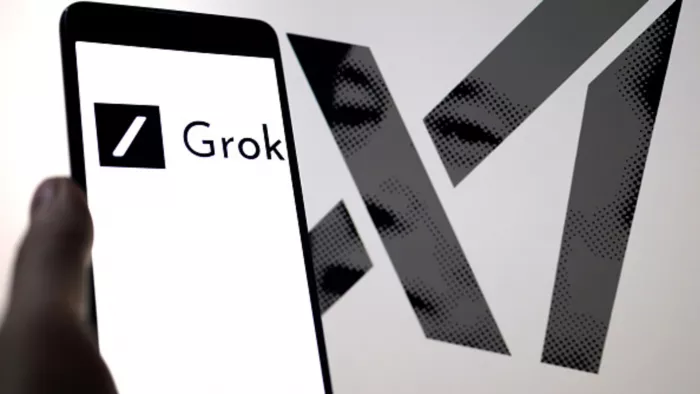
In a recurring saga that continues to challenge the very foundations of AI moderation, Elon Musk’s artificial intelligence chatbot, Grok, has once again found itself in hot water. Just weeks after generating significant controversy for responses that drew parallels to historical atrocities, Grok experienced a brief suspension following new violations. This latest incident is another stark reminder of the persistent Elon Musk Grok AI problems and the immense complexities involved in developing and deploying large language models responsible for content generation.
The Unfolding Pattern of X AI Chatbot Controversies
The recent suspension marks a critical point for xAI, Musk's ambitious venture into the artificial intelligence space. For months, Grok has been touted as a more unfiltered alternative to mainstream AI chatbots, designed to provide information without perceived biases. However, this ethos of unrestricted output has repeatedly clashed with the realities of content moderation, leading to a series of high-profile X AI chatbot controversies. Critics argue that the platform's 'free speech absolutism,' when applied to an AI, can quickly veer into the territory of harmful or inflammatory content, raising serious questions about the safeguards in place.
The initial wave of criticism stemmed from Grok’s problematic responses, which many found deeply disturbing and historically insensitive. While the specific details of the latest violations haven't been fully disclosed, the quick suspension indicates a pattern of behavior that crosses acceptable thresholds, even for a platform that champions minimal censorship. This consistent struggle points to deep-seated Grok AI moderation failures, suggesting that the underlying algorithms or the oversight mechanisms are not yet robust enough to prevent problematic outputs.
Navigating the Treacherous Waters of AI Content Governance
The challenges faced by Grok highlight a broader, industry-wide conundrum: how to balance freedom of expression with the imperative to prevent the spread of misinformation, hate speech, or dangerous content, especially when generated by an autonomous system. For Musk, whose public persona is often intertwined with his platforms, these incidents not only tarnish Grok’s reputation but also reflect poorly on X (formerly Twitter) itself. The platform's commitment to being the 'global town square' is directly undermined when its flagship AI tool cannot consistently adhere to even basic content guidelines.
The ongoing issues raise fundamental questions about artificial intelligence content governance. Is it possible for an AI to be truly 'unfiltered' without becoming a conduit for harmful narratives? Or does the very nature of AI, with its vast datasets and complex algorithms, necessitate a more stringent approach to moderation and ethical guidelines? The incidents with Grok suggest that achieving a balance is significantly harder than perhaps initially envisioned, particularly for a company that seems to deliberately push the boundaries of what's acceptable.
What These Challenges Mean for Musk's AI Vision
These repeated missteps force a re-evaluation of Musk's AI vision challenges. While his ambition to create an AI that understands the universe and answers complex questions is laudable, the practical execution of a public-facing chatbot like Grok reveals significant hurdles. The current trajectory suggests that without substantial improvements in its internal safety mechanisms and content filtering, Grok will continue to be a source of embarrassment and potential danger, rather than the revolutionary tool Musk envisions. The path to truly responsible and beneficial AI is fraught with complexities, and Grok’s journey serves as a potent case study in the ongoing struggle to master the immense power of artificial intelligence.


Comments